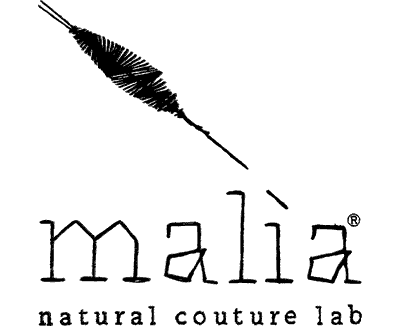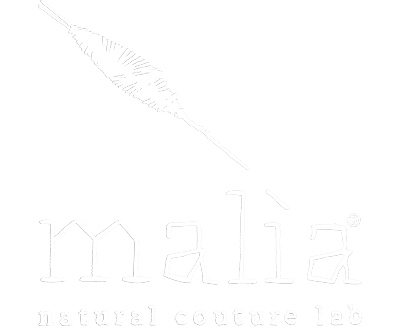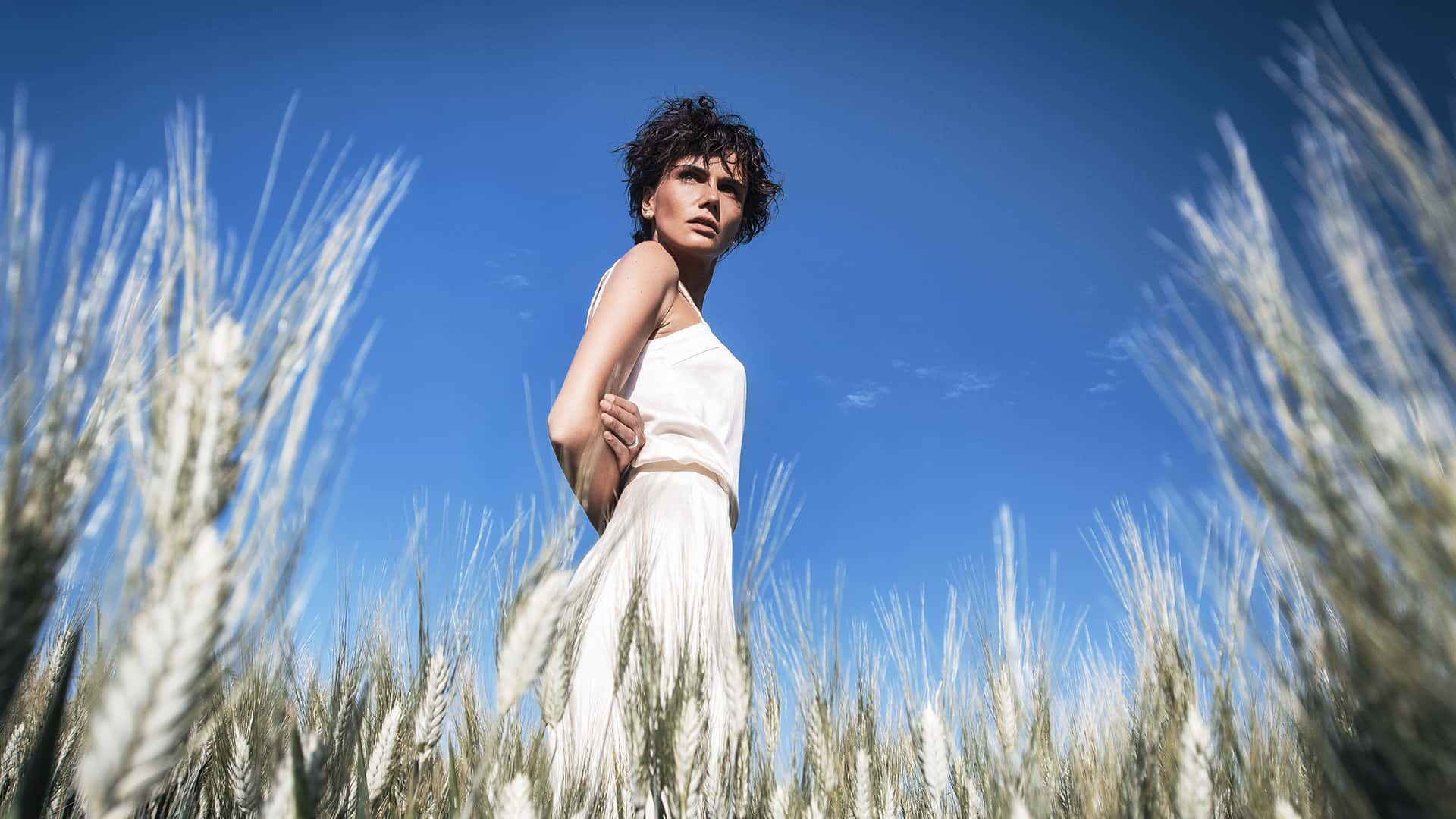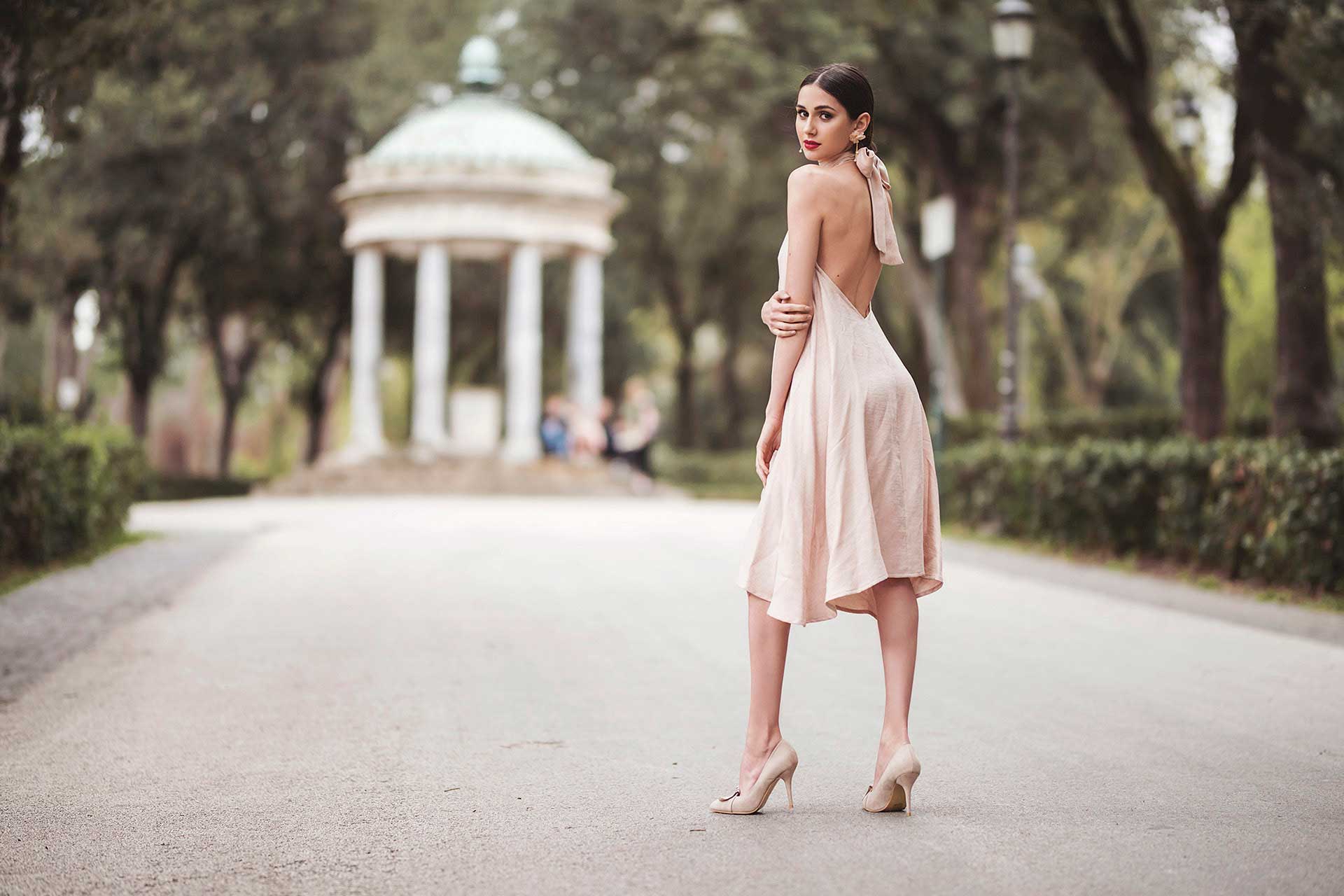Evergreen design
Sophisticated and feminine, detached from the trend of the moment, designed to enhance the silhouette and last forever.
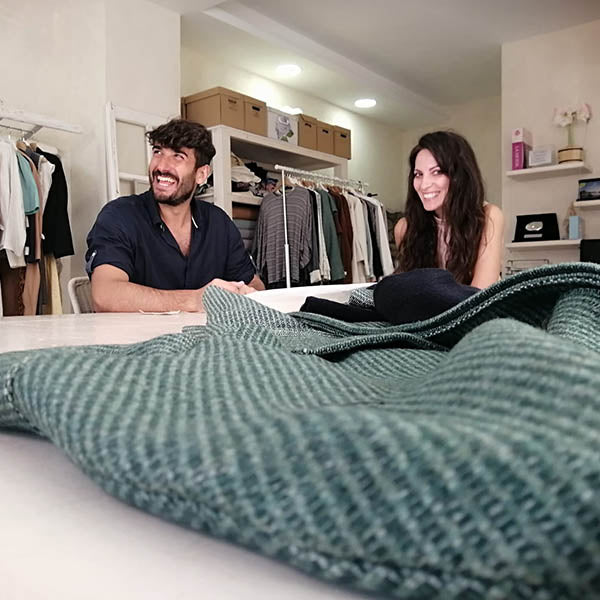
The passion for our work is your greatest guarantee.
Fashion, love, and professionalism
We are Flavia and Paride, the founders of the brand Malìa. In 2016, disappointed by the glossy world of fashion that is unfortunately quite different from what appears in magazines, we shaped our dream, that of creating a different, innovative brand with a deep territorial and environmental significance.
"We did it primarily for ourselves, because we no longer liked the system we were part of and for all the people who were looking for clothing with an old-fashioned flavor, that combined values and quality, merging style and craftsmanship with the quality of natural and sustainable fabrics."


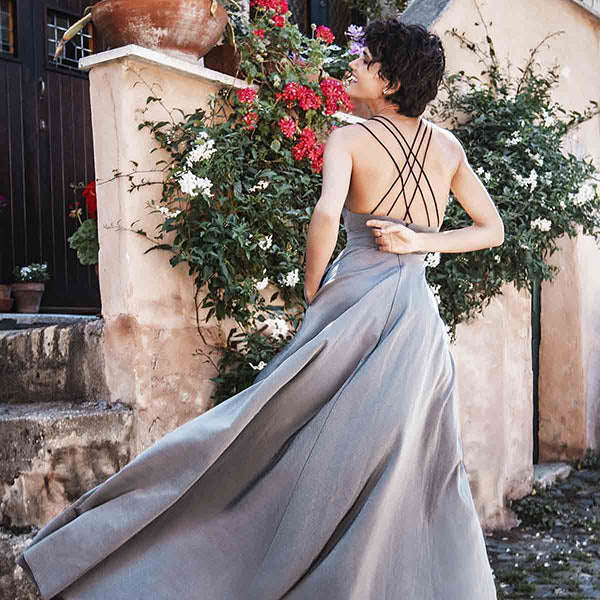
A new way of thinking and creating fashion, combining craftsmanship, style, and sustainability.
'Our idea of fashion is detached from the concept of seasonality and trends, which is why there are no old or new pieces, but only pieces created to enhance women and their bodies.'
Every leader is the synthesis of our values:
DESIGN + ETHICS + CRAFTSMANSHIP + CERTIFIED NATURAL FIBERS + FUNCTIONALITY + ATTENTION TO DETAIL + HUMAN RELATIONSHIP
Each new collection enriches our wardrobe with the quality of a new fabric and its refined and special style.

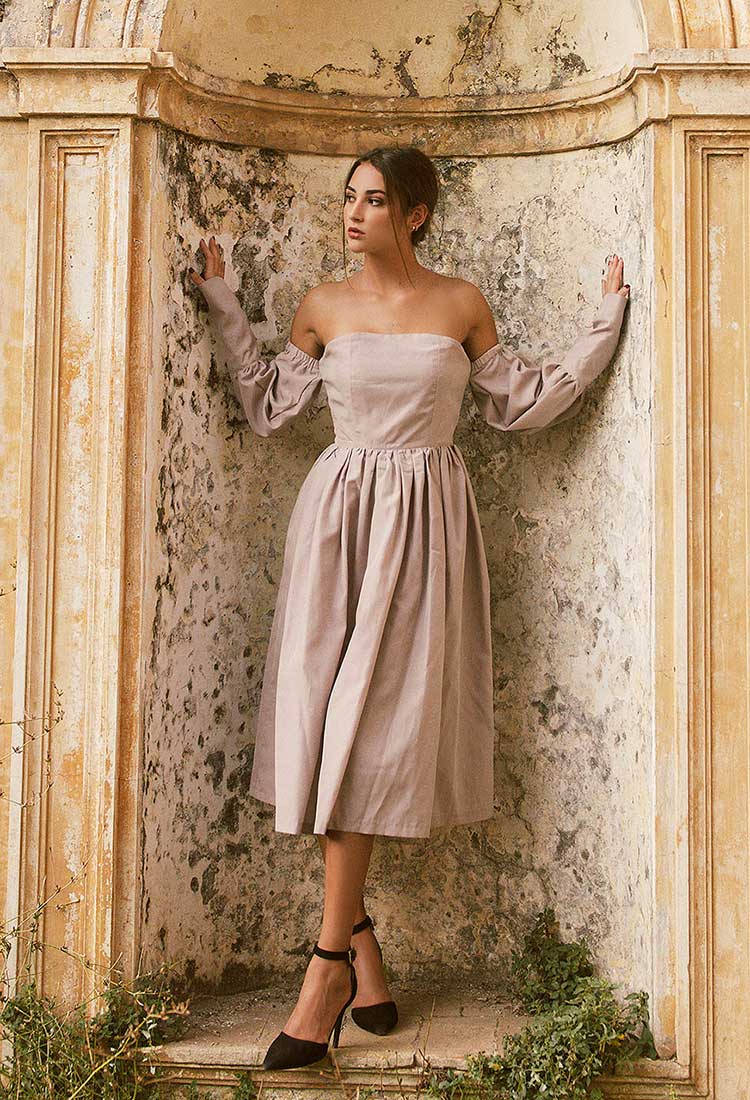
Models studied for
Enhance femininity and comfort
Our mission
"In my small way, I believe that clothing should be something practical, rational, that day after day, accompanies us in our daily efforts, truly serving the needs of each one of us. Craftsmanship, organic fabrics, and passion, to bring a creation of man closer to the most perfect thing that exists, nature."
-Flavia Amato-
90%
Dead stock fabrics. We give a second life to fabrics.
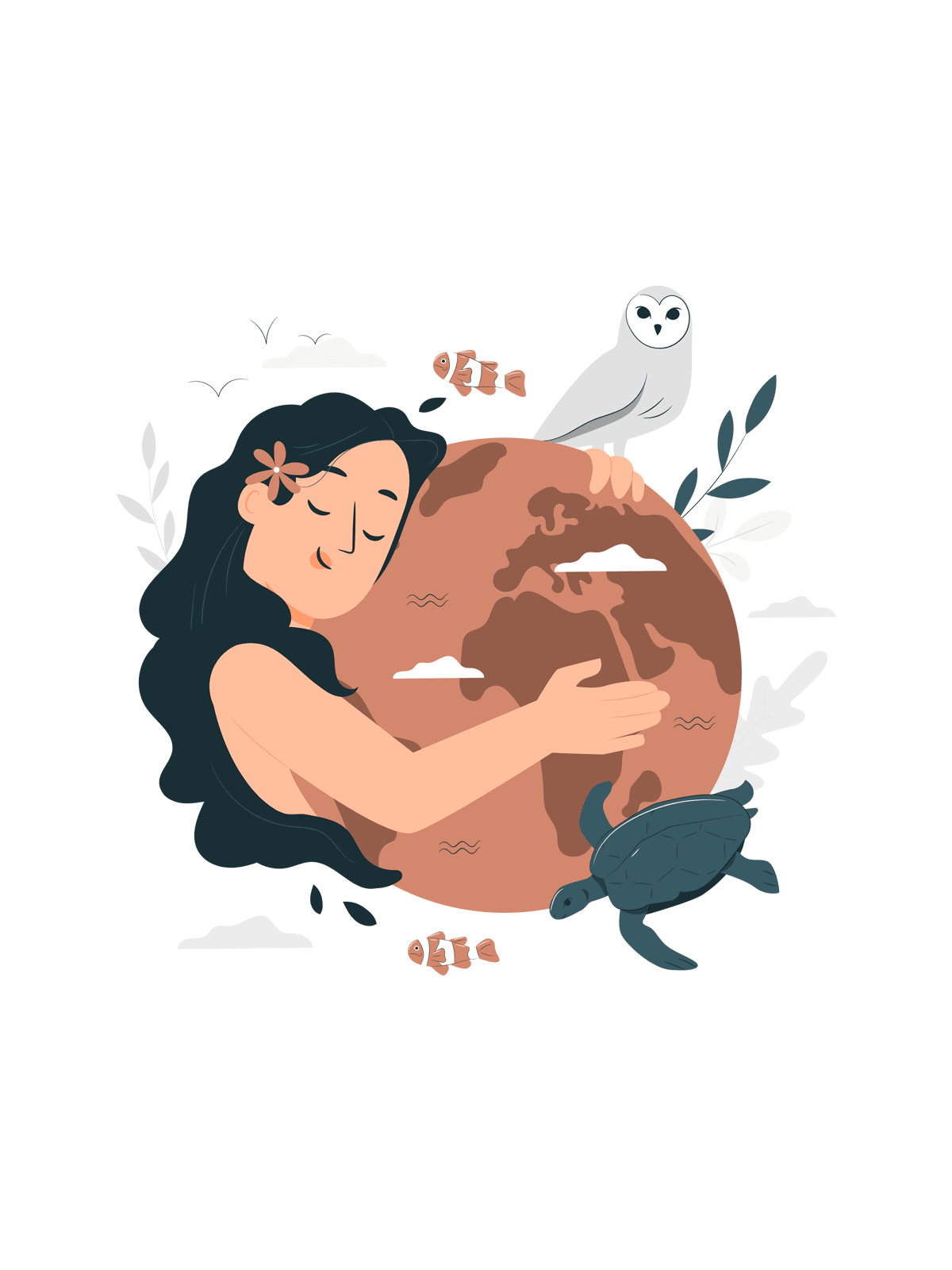
The raw materials we use are not only GOTS, GRS certified.
and OEKO-TEX, therefore made according to sustainable processes, but they are dead stock, meaning they come from leftovers of other productions.
"We give them a second life, using them for our clothing line. In our small way, we do our part in safeguarding the ecosystem by limiting waste and refuse."
Production at the time of order, supply chain control, and utilization
recycled and biodegradable packaging make Malìa Lab, a brand
a minimal impact on the environment.
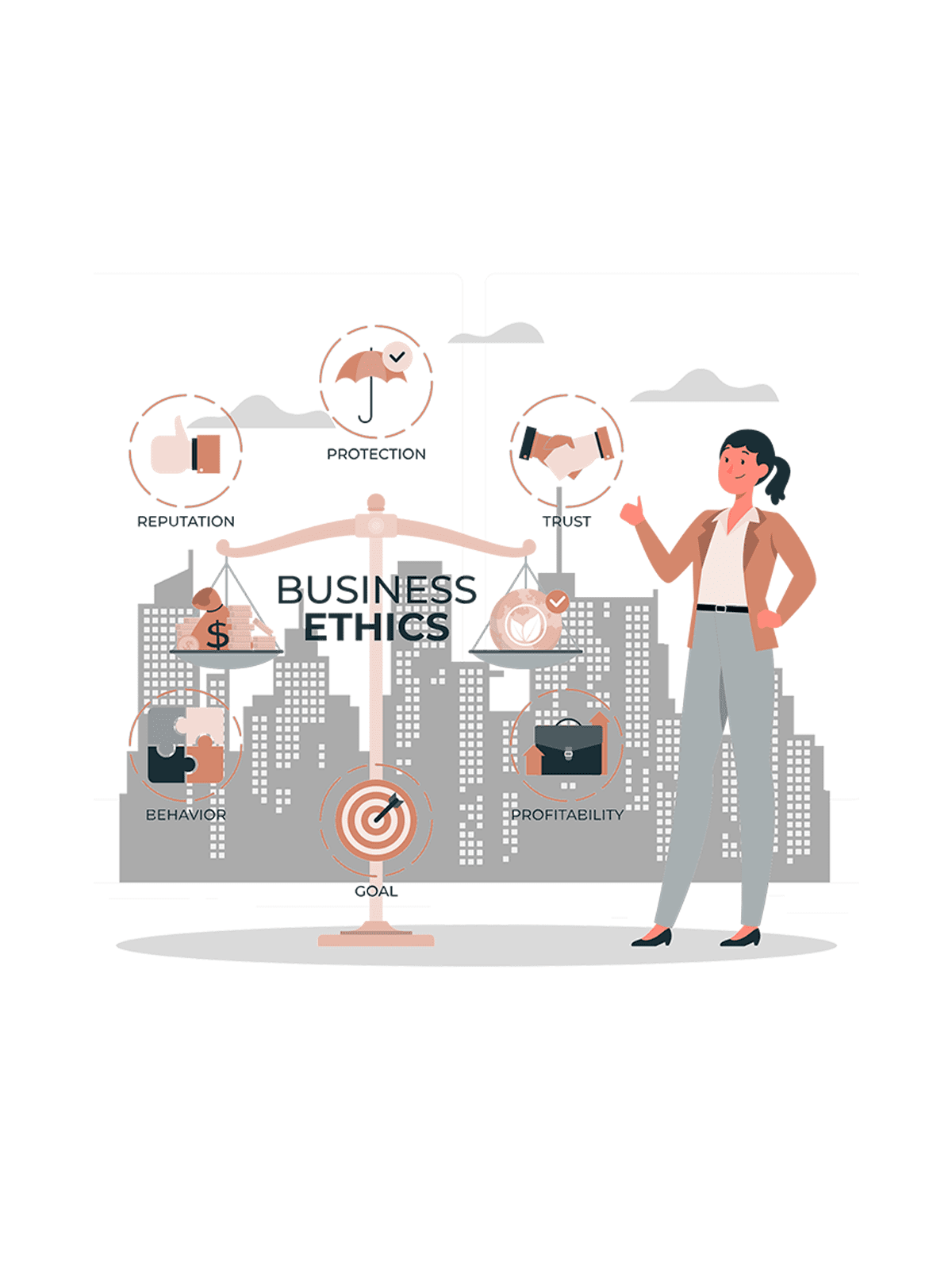
The fabric coming from certified companies arrives at the workshop and only leaves here at the end of the process, as a finished product, that is, as a piece of clothing.
All processes, from design, through fabric cutting, to the creation of each garment, are carried out directly in the workshop with artisanal processes, manually respecting tailoring timelines. Short production chain.

A concept that is, in itself, very simple. Not to design garments according to the fashion of the moment, but to enhance the most important thing, the physicality of the woman, any woman, with the belief that there is no wrong body, only the unsuitable garment.
These concepts allow for the creation of garments that can last beyond the temporality of seasonal trends, and be worn day after day, year after year, always highlighting your body and your beauty.
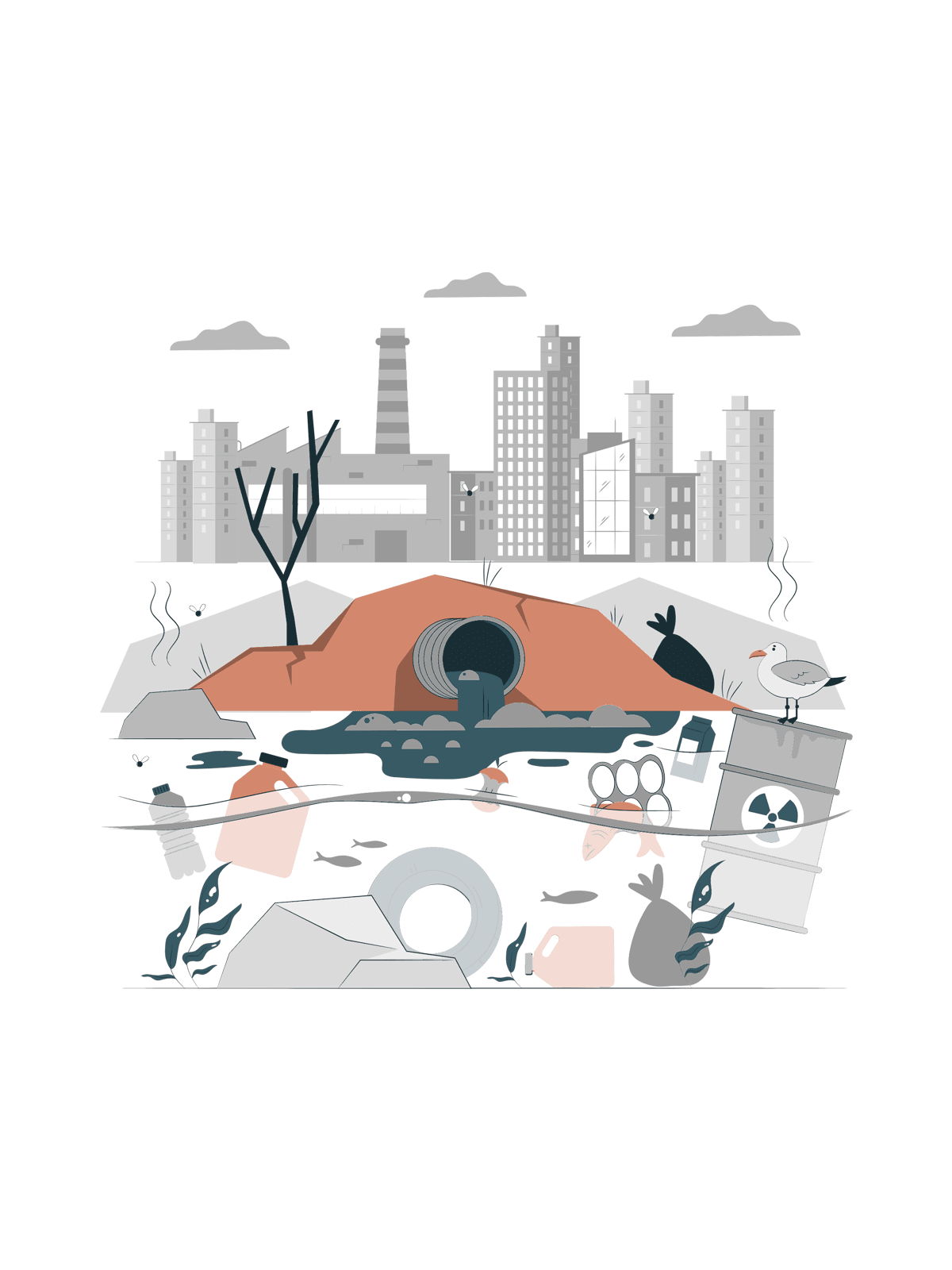
The manufacturing and production sector supporting the fashion industry is the second most impactful on the environment globally.
The finishing and dyeing processes are still among the most polluting today, compromising land and especially water. The awareness of this issue has led us to think of a different way of doing fashion.
The raw materials we use are not only GOTS, GRS certified.
and OEKO-TEX, therefore made according to sustainable processes, but they are dead stock, meaning they come from leftovers of other productions.
"We give them a second life, using them for our clothing line. In our small way, we do our part in safeguarding the ecosystem by limiting waste and refuse."
Production at the time of order, supply chain control, and utilization
recycled and biodegradable packaging make Malìa Lab, a brand
a minimal impact on the environment.
The fabric coming from certified companies arrives at the workshop and only leaves here at the end of the process, as a finished product, that is, as a piece of clothing.
All processes, from design, through fabric cutting, to the creation of each garment, are carried out directly in the workshop with artisanal processes, manually respecting tailoring timelines. Short production chain.
A concept that is, in itself, very simple. Not to design garments according to the fashion of the moment, but to enhance the most important thing, the physicality of the woman, any woman, with the belief that there is no wrong body, only the unsuitable garment.
These concepts allow for the creation of garments that can last beyond the temporality of seasonal trends, and be worn day after day, year after year, always highlighting your body and your beauty.
The manufacturing and production sector supporting the fashion industry is the second most impactful on the environment globally.
The finishing and dyeing processes are still among the most polluting today, compromising land and especially water. The awareness of this issue has led us to think of a different way of doing fashion.




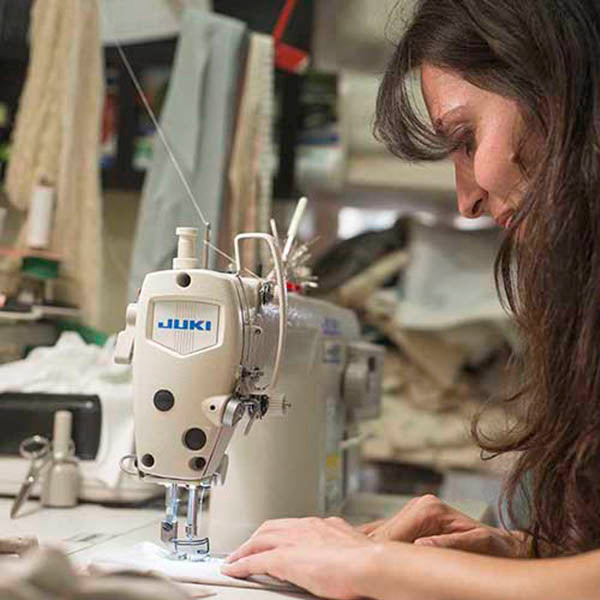
'You order, we create it in our workshop, just for you.'
The first sustainable custom-made online
The first ETHICAL FASHION BRAND MADE TO ORDER, where all items are made at the time of order.
The waste of resources, energy, and materials is minimized and we guarantee you a unique handcrafted product tailored for you.
More sustainable and ethical than this...
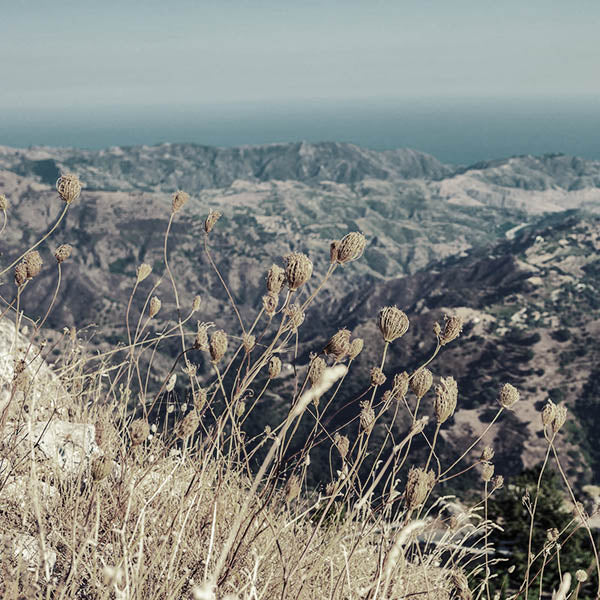
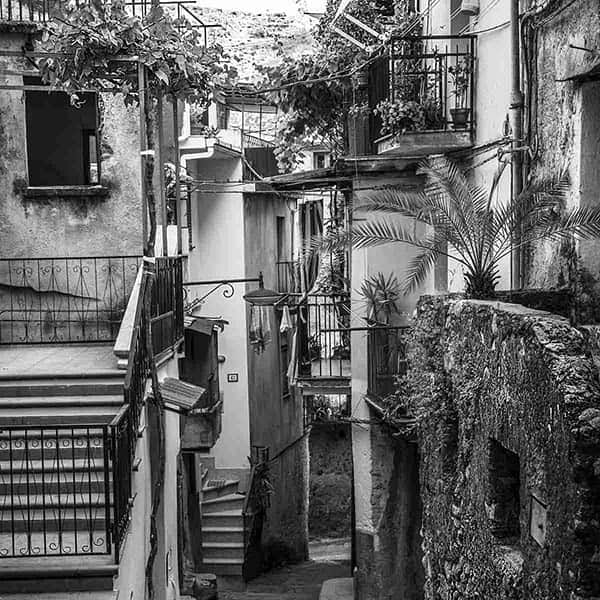
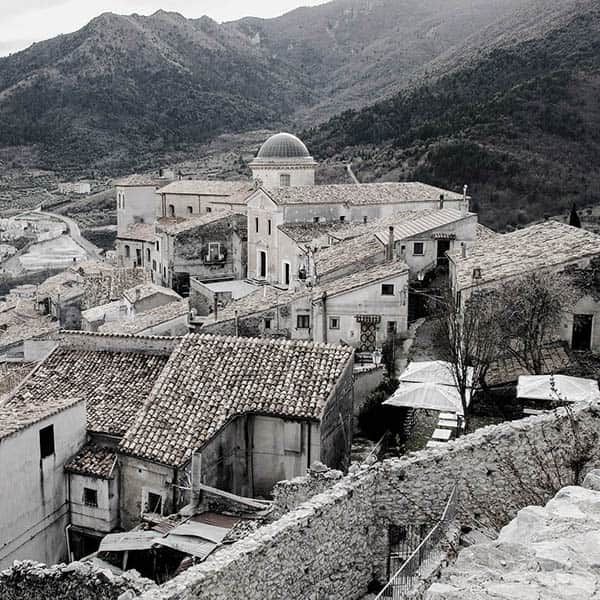
Calabria, a "know how" of textile culture, to be passed down, recovered, and enhanced.
Calabria is a land with a millenary history that, from the colonies of Magna Graecia, reaches up to the unification of Italy, a destination and the end of a flourishing journey and, why not, a rich one. A land with an alternation of landscapes, unique natural and environmental qualities. There is a need to find oneself and rediscover oneself. The Malia atelier was born in Calabria precisely for this reason. Textiles were one of the driving sectors of the region; silk and hemp were "common" fabrics, good fabrics, fabrics made locally. The Lab was first established as a fashion atelier and tailoring, but the real goal is to complete a supply chain process, involving other local players. The project involves the creation of "Km 0" fabric, recovering land and knowledge.
